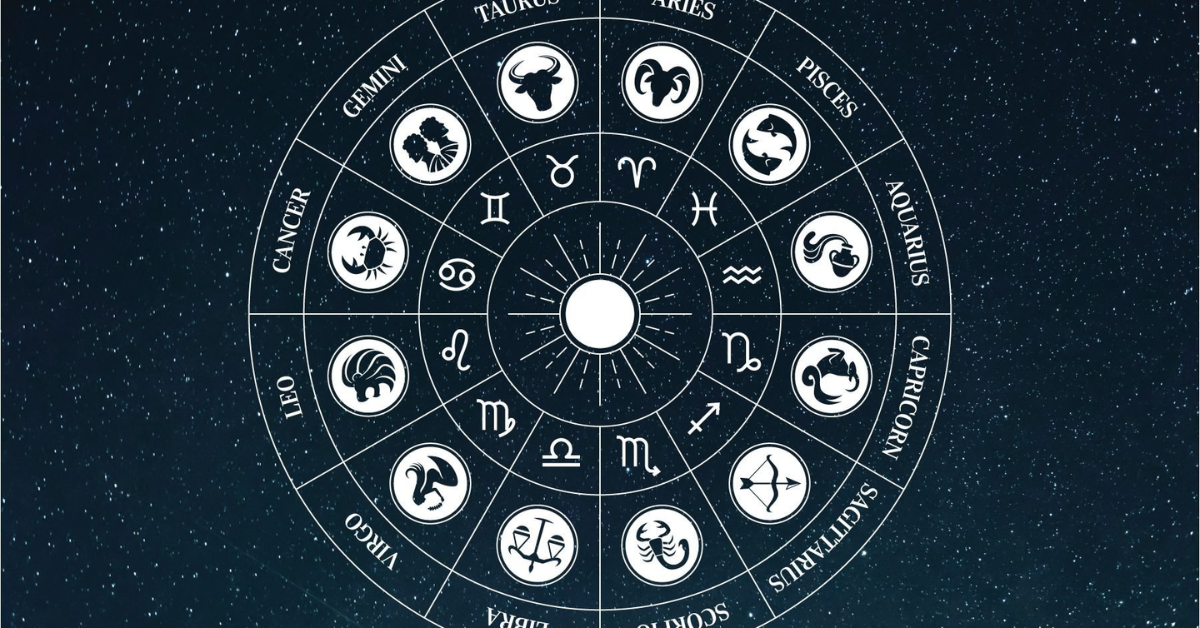When it comes to love and relationships, some zodiac signs are more prone to falling for the wrong types—those individuals who might be emotionally unavailable, manipulative, or simply not a good match.
While astrology doesn’t replace psychological insight or professional advice, it can offer a helpful lens into why certain people tend to repeat patterns in love. Here’s a deeper look at the signs most likely to fall for people who aren’t good for them—with a full understanding that real relationship health depends on a variety of emotional, cultural, and mental health factors.
Pisces The Empath Who Seeks to Heal
Pisces, ruled by Neptune, is known for emotional depth, sensitivity, and an almost otherworldly idealism in relationships. They often believe in love’s transformative power to such an extent that they may overlook red flags.
Why it happens: Pisces tends to wear rose-colored glasses when it comes to love. Their strong empathy makes them inclined to see the best in people, even when those individuals display toxic or self-centered behavior. Often, they see a wounded soul in need of healing rather than someone incapable of a healthy relationship.
Psychologists refer to such behavior as a rescuer complex, where someone feels responsible for saving another person, often at the cost of their own well-being. This concept is explored in the “Drama Triangle” model of interpersonal relationships developed by Stephen Karpman.
Advice: Pisces should practice setting healthy boundaries and distinguishing between empathy and martyrdom.
Libra The Romantic Who Fears Conflict
Libra, ruled by Venus, is naturally drawn to harmony, beauty, and partnership. They are hopeless romantics who dislike conflict and strive to maintain peace in their relationships—sometimes at any cost.
Why it happens: Libras can become infatuated with the *idea* of love rather than the person they’re with. Their fear of confrontation and desire to maintain the relationship can push them to stay with partners who may be controlling or emotionally unavailable. They may rationalize bad behavior to avoid rocking the boat.
This aligns with behavioral tendencies around codependency—where an individual prioritizes the needs of others over their own. According to MentalHealth.gov, recognizing one’s own needs and setting emotional boundaries are critical to mental health
Advice: Libras should be mindful of their own needs in a relationship and avoid sacrificing personal values for temporary peace. Building self-respect and courage to communicate needs clearly is crucial.
Cancer The Nurturer Who Clings to the Past
Cancer, ruled by the Moon, is deeply emotional, nostalgic, and family-oriented. They are known for their loyalty and a strong desire to nurture and protect those they love—even when it hurts them.
Why it happens: Cancer can become emotionally attached to people early in a relationship and may hold on long after it has stopped being healthy. Their fear of abandonment and deep desire for emotional security can lead them to overlook damaging behaviors from a partner.
A pattern of insecure attachment often underlies this behavior, something frequently explored in attachment theory in clinical psychology. To learn more about secure and insecure attachment styles, see the American Psychological Association’s insights at https://www.apa.org.
Advice: Cancer signs benefit from taking a more analytical look at relationships, and separating emotional memory from present behavior. Therapy or journaling can help them discern patterns and strengthen emotional independence.
Sagittarius The Adventurer Who Ignores Red Flags
Free-spirited and ruled by Jupiter, Sagittarius is adventurous, optimistic, and sometimes too eager to see only the good in people. They thrive on excitement and novelty, and this can lead them into unstable or emotionally risky relationships.
Why it happens: Sagittarians tend to dive into love headfirst, sometimes overlooking early warning signs in their desire for freedom and emotional stimulation. They often assume things will “work out” and can become entangled with unpredictable or emotionally volatile partners.
Impulsivity is a common theme, and behavioral research links impulsivity to higher risks in decision-making, including in relationships. The National Library of Medicine has numerous studies on patterns of impulsivity and risk-taking in romantic choices
Advice: Learning to pause and evaluate a partner’s consistency and emotional maturity can help Sagittarians avoid heartbreak. Slowing down and ensuring values align before fully committing is key.
Scorpio The Intensely Loyal Lover
Scorpios, ruled by Pluto, are passionate, intense, and extremely loyal once they commit to a partner. This loyalty can become problematic when it persists despite signs of betrayal, secrecy, or emotional harm.
Why it happens: Scorpios form deep emotional bonds and often feel that once they’ve opened up, they must stay loyal no matter the cost. Their distrust of outsiders and private nature also make them less likely to consult friends or family for helpful perspective.
Research indicates that emotional intensity, while powerful, can sometimes reinforce trauma bonding, especially in toxic relationships. Trauma bonding involves strong cycles of pain and reward that mimic addiction—and breaking them can be very difficult.
Advice: Scorpios benefit from opening up to a trusted mentor or therapist and reminding themselves that loyalty should not override self-respect or personal wellbeing.
Final Thoughts
Astrology is a useful tool for reflection, not a clinical diagnosis. Falling for the wrong person is a human experience that cuts across zodiac lines. However, understanding one’s natural tendencies—especially those driven by fear, hope, or deep-seated emotional patterns—can help in building healthier, more fulfilling relationships.
Whether you’re a Pisces nurturing too much, a Sagittarius rushing too fast, or a Scorpio loving too deeply, awareness is the first step toward change. Relationship choices can improve through honest self-assessment, psychological understanding, and sometimes professional counseling.
For mental health assistance, consider reaching out through programs like those listed by the U.S. Department of Health and Human Services.




